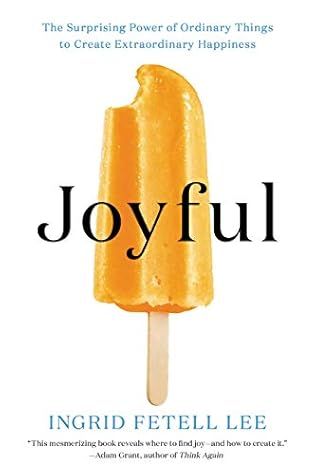Other studies have shown that positive affect makes people less likely to cling to an initial hypothesis when presented with conflicting evidence. This suggests that joyful surprises might help disrupt harmful stereotypes, increasing the chances that we’ll see difference as delightful, rather than threatening.
Welcome back. Just a moment while we sign you in to your Goodreads account.


